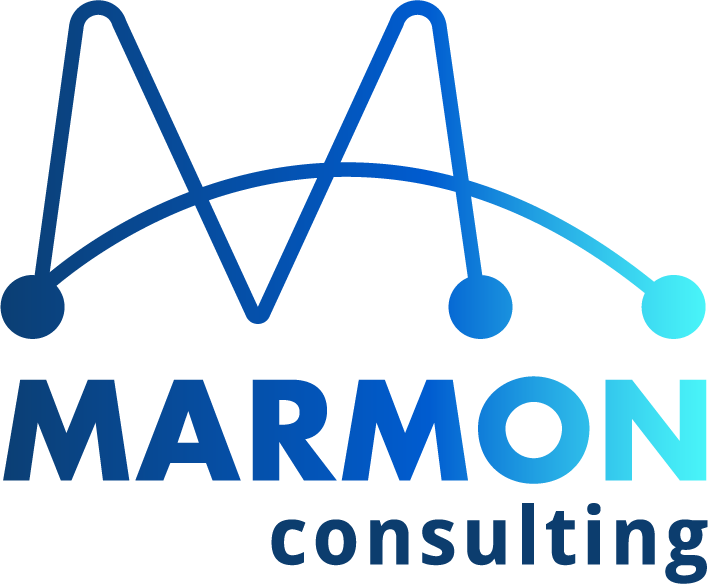

Pam Marmon
Why Middle Managers Are Your MVPs During an Organizational Change
The following is adapted from No One’s Listening and It’s Your Fault
Major organizational transformation involves everyone at your company, from the front-line entry employee to the highest-ranking executive.
Many leaders assume that those with the most decision-making authority—their fellow executives—are the most important players during a change because they call the shots, so it might surprise you to learn that your real MVPs during a transformation are none other than your middle managers.
This group is often overlooked because it’s expected that they will follow the stance of the executive team, but middle managers hold their own opinions and wield a huge amount of influence over your front-line employees, whom they interact with daily. If middle managers don’t support your initiative, it’s likely their subordinates won’t, either. In short, cooperation (or lack of) from your middle managers will greatly impede or facilitate the overall progress of the change.
Due to a few important differences between executives and middle managers, which I’ll discuss in this article, middle managers are the secret weapons that will promote collaboration throughout your company and help turn your organizational change into a win.
Find Your Middle-Manager Influencers
In my experience of leading organizations through transformations, middle managers are the one stakeholder group that often does not receive the attention and communications it deserves, which, as a result, can derail the success of the change effort. What makes this group so critical to your efforts?
Middle managers are where most communications stop and never reach the intended front-line employees. It is the hardest stakeholder group to empower, support, and hold accountable due to the upstream and downstream demands.
The managers are the closest influencers to the employees who are impacted by the change. They directly impact your company operations, as well as your employees, who are the building blocks of your organization.
Remember that before managers can serve in their managerial capacity, they are first and foremost employees. They have their own unanswered questions while trying to address the questions of their teams.
Clear Communication Matters
As I described, your middle managers act as a conduit between executive decision-makers and your employees. If they can’t communicate clearly, your message stops with them, which is why their ability to communicate with employees and their effectiveness to engage with their team is critical.
The neuroscience research of Dr. Judith E. Glaser confirms that the way we communicate releases physical and emotional changes in our brain. According to Dr. Glaser, “Conversations have the power to change the brain by boosting the production of hormones and neurotransmitters that stimulate body systems and nerve pathways, change our body’s chemistry, not just for a moment, but perhaps for a lifetime.”
Conversations steeped in trust can trigger “higher levels of dopamine, oxytocin, endorphins, and other biochemicals that give us a sense of well-being.” Transactional conversations include an exchange of information that is asking and telling. Positional conversations require advocating and inquiring, where others can express opinions. Transformational conversations present leaders with the opportunity to cocreate conversations where sharing and discovering requires us to listen for deeper understanding.
By engaging employees in multidimensional dialogue, managers establish trust, which is the foundational principle of leadership. Without trust, it is difficult to lead an individual to behave differently within an organization. Simply put, if employees don’t trust their managers, the managers can’t lead them to transform. To ensure that you’re using your middle-manager MVPs to their full potential, invest in training for them to have these conversations with their subordinates.
Train Your Managers for Success
To successfully lead change, provide managers with prescribed talking points about the transformation, and expect some variable of interpretation at their discretion.
This transfer of information can be accomplished in the format of frequently asked questions, manager town hall meetings, training sessions, videos, or other documents that can be leveraged by managers. The key is to provide them with repeatable sound bites for each stage of the initiative.
Remember, middle managers are your most valuable players in an organizational change—don’t let their unique position go to waste. Leverage their connection with employees, and you’ll ensure that your message is heard loud and clear throughout every level of the organization, giving your initiative the best chance to succeed.
For more advice on workplace change, you can find No One’s Listening and It’s Your Fault and Speak Up or Stay Stuck on Amazon.
Pam Marmon is the CEO of Marmon Consulting, a change management consulting firm that provides strategy and execution services to help companies transform. From executives at Fortune 100s to influencers at all levels, Pam helps leaders achieve lasting organizational change with minimal disruption. She is also the bestselling author of No One’s Listening and It’s Your Fault, a book that equips leaders to get their message heard during organizational transformations, and the creator of the LESS change management framework. Pam and her family live in Franklin, Tennessee, and chase adventures wherever the road takes them.
Need help leading change in your organization? Get in touch to learn how.
